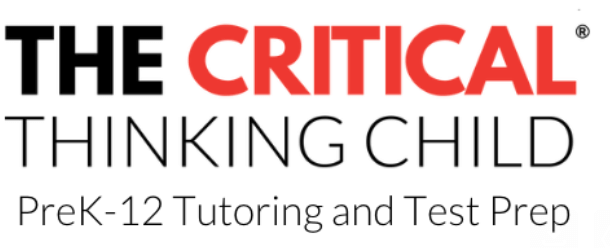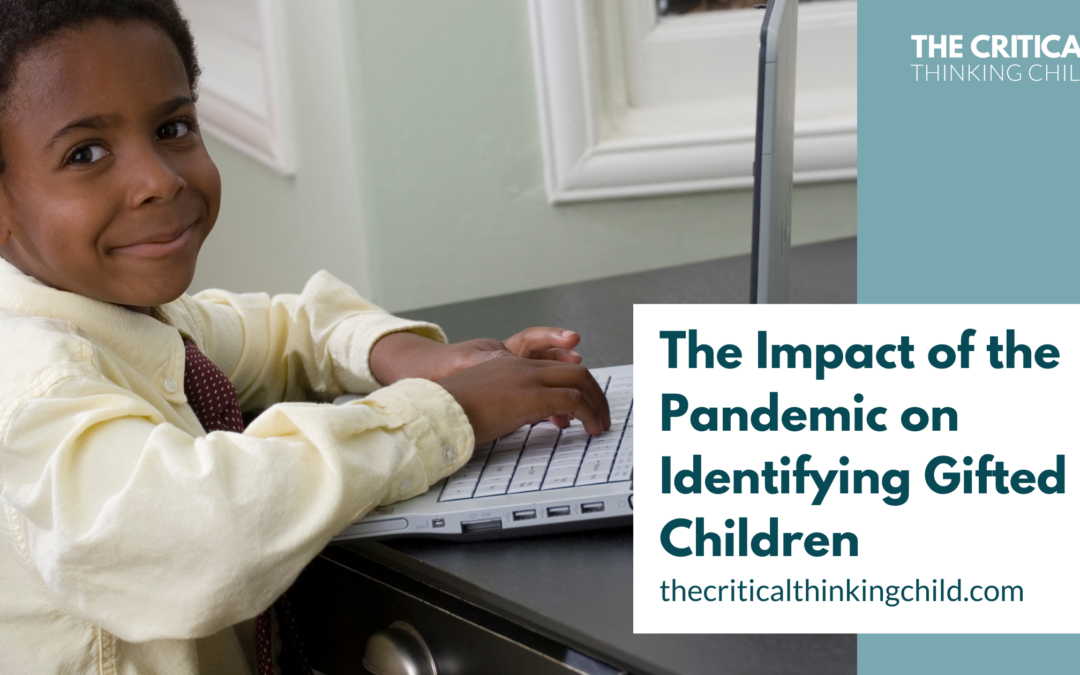The pandemic has affected education at all levels, from pre-K through graduate school. One unexpected area that has been affected is gifted identification for kindergarten students. Because fewer children have attended in-person daycare or kindergarten, teachers have had little opportunity to identify students and offer parents feedback on their children’s performance. In 2020, the National Association for Gifted Children (NAGC) recognized this impact and gave recommendations to hold off on gifted testing as long as possible due to lack of normal schooling and resources.
In addition to the delay in gifted identification, parents of kindergarteners might be seeing other issues emerge due to the lack of in-person schooling, such as struggles with pencil grip, academic skills, or social behavior. How much should you worry about these things, and what can you do?
Fine Motor Skills
You may have noticed that your child is clumsy with scissors, holds pencils in an awkward way, or struggles with gluing. Considering the circumstances, this is to be expected These skills are explicitly taught and practiced in pre-K and kindergarten, so if your child was virtual during this time, it’s not unlikely that they may lack this competency.
Don’t panic! You can easily work on these skills at home through regular practice. The more opportunities that children have to try these skills, the easier and more automatic they become.
Our handwriting practice workbook is a great option for students struggling with handwriting due to pencil grip issues!
Social Skills
Even if your kindergartener has had regular interaction with siblings or neighbors during the pandemic, this can still be a very different experience from being in a full class of students. You may notice that your child cries more easily than usual or struggles to problem-solve with peers. Again, this is a normal effect of social distancing at this age, and these difficulties usually work themselves out with the return of in-person schooling.
You can speed this social-emotional learning along at home by explicitly teaching social skills like sharing and taking turns. Involve your child in this process by working together to set academic or social goals with the help of our goal planner!
If your child seems to be struggling particularly hard with social skills, or if you’ve heard concerns from your child’s teacher, consider asking for a referral to the school counselor or a child therapist. These are challenging times for everyone, and young children are no different!
School Routines
A huge part of kindergarten learning for students is getting used to being in school. Lining up for recess, walking through the hallway, and sitting still for carpet time are all part of the process. Since there is truly no way to practice these skills at home, the best thing you can do to support your child is give it time. If your child seems exhausted or overwhelmed after the long day, consider printing a copy of the school schedule to review with your student each morning. Knowing what comes next can help alleviate the anxiety that many children have about going to school for the first time.
While nothing about these times is “normal,” know that you’re not alone! Don’t worry about these basic school skills—they’ll come with time and practice.




Trackbacks/Pingbacks